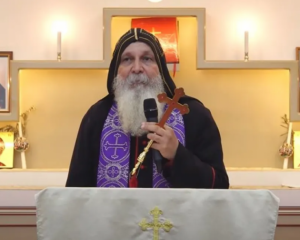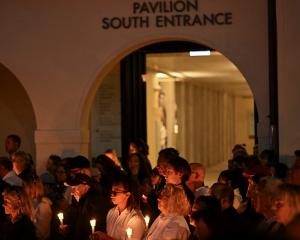
As Paris tourism struggles to overcome last year's deadly Islamist attacks, the world's most visited city faces a new threat: a wave of protests and further planned strikes, tourism officials warn.
Labour unions have scheduled stoppages that threaten to disrupt transport for millions of visitors and fans hoping to follow the Euro 2016 soccer tournament from June 10 onwards, after weeks of violence-marred street protests against planned labour reforms.
• French pilots, oil workers to strike
"The scenes of guerrilla-type action in central Paris, beamed around the world, reinforce the feeling of fear and misunderstanding from visitors in an already angst-filled climate," Frederic Valletoux, head of the Paris region tourist board said on Monday.
"There is still time to save the tourist season by putting an end to these blockades that are being shown the world over."
Evelyne Maes, head of the UMIH-Paris-Ile de France hotel federation, told Reuters that bookings for June to August were down 20% to 50% from a year ago.
French trade association GNI said in a statement last week it feared "massive" booking cancellations by foreign tourists.
"A strike of that scope a few weeks before Euro 2016 and at the heart of the tourist season is more than unacceptable," it said.
The tourist board issued the warning a few hours before French authorities began a new campaign to bolster the appeal of the French capital to foreign visitors.
Foreign Minister Jean-Marc Ayrault, Paris Mayor Anne Hidalgo and Ile-de-France region Vice-President Jerome Chartier joined forces at the Eiffel Tower to promote Paris as a safe and attractive destination.
"I believe that a spirit of responsibility will prevail. We will find a solution through dialogue. Our country has a real tradition of hospitality," Ayrault said, when asked about possible disruption to the Euro tournament.
France, which is seeking to revive its economy, depends heavily on tourism, which generates over 7% of national gross domestic product and over 13% of that of the Ile-de-France region, which includes Paris.
Data published by national statistics office INSEE this month showed that nearly six months after the Paris attacks, foreign visitors still shun the capital.
The number of their nightly hotel stays in the Paris region was down 9.1% in the first quarter from a year ago.
Hotel stays by Japanese visitors were down 56% in the first quarter compared with the same period in 2015, while Russians were down by 35% and Chinese 13.9%, the Paris region tourist board said.
That is worrying for local authorities and professionals. About 500,000 people in Ile-de-France have jobs linked to tourism, making it the biggest industry in the region.
The November 13 attacks, when Islamist militants killed 130 people in a spate of shootings and suicide bombings, cost French hoteliers an estimated 270 million euros ($NZ449 million) in lost revenue last year, research firm MKG Group said. Paris alone accounted for 146 million euros.
Hopes of a significant recovery in 2016 for Paris hoteliers were derailed by the Brussels attacks in March. Figures from MKG put annual revenue per hotel room in Paris down by around 10% so far in 2016.
About 2.5 million spectators are expected for the month-long Euro 2016. The CGT labour union has called for another big national street protest in Paris on June 14.
France is the most-visited country in the world, with almost 85 million foreigners last year, about 16 million in Paris alone. France eyes 100 million foreign tourists by 2020, Ayrault reiterated.












